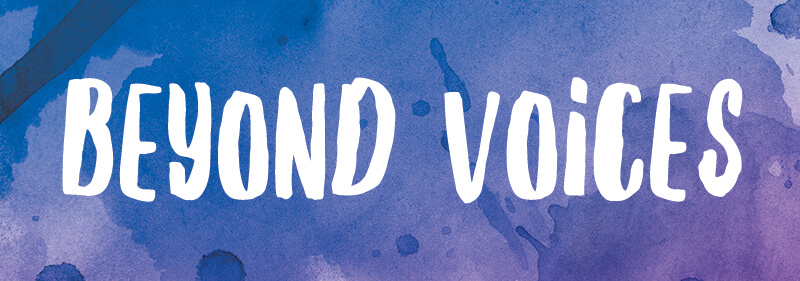Many people who hear voices say that they sometimes experience other changes at the same time. These can include seeing visions, receiving special messages, synchronicities, physical sensations, and changes in thinking. We are interested in learning more about these experiences.
If you hear voices, self-define as a voice-hearer, or have experienced things that are similar we invite you to help us identify the key priorities for future research. We would like to develop research questions that are meaningful. This means our questions must be informed by people who have had these sorts of experiences themselves. This is a first step which will inform the design of a larger research study about what people experience when they hear voices. The final survey based on your input and feedback, will be made available in the future.
We are part of an international working group that focuses on other changes people experience in addition to their voices. Some of us are therapists, some voice hearers, some researchers (and some of us wear several of these hats). This is not a research study, but a way you can collaborate with us by participating in this short survey on identifying what questions should be asked, and how.
In this survey we include a series of open-ended and close-ended questions. All of the questions are optional.
To participate in the Consultant Beyond Voices Survey please click here.
If you would like to learn more about or get involved with the International participatory research interest group, TRP—Transforming Research on Psychosis you can visit the TRP site or contact Nev Jones directly.
TRP—Transforming Research on Psychosis–is a new collaborative research initiative developed by Nev Jones, PhD that aims at substantially increasing stakeholder, end-user or experiencer involvement in research on all aspects of ‘psychosis,’ including epidemiology, phenomenology, clinical interventions, service models and community integration. Under the psychosis umbrella, we include experiences of paranoia, voices, unusual perceptions and beliefs, and extreme states, whether experienced life long, for brief periods, in response to trauma, or in the aftermath of major life events including childbirth. We invite a diverse mix of stakeholders to join us in generating new ideas, challenging myths and assumptions, and ultimately transforming research and practice.
Thank you on behalf of the International Consortium on Hallucination Research Working Group on Beyond Voices
Berta Britz, Felicity Deamer, Anne Giersch, Marie Hansen, Sarah Kamens, Simon McCarthy-Jones, Aaron Mishara, Barnaby Nelson, Sohee Parks, Liz Pienkos, Cherise Rosen, Rajiv Sharma, Angela Woods

